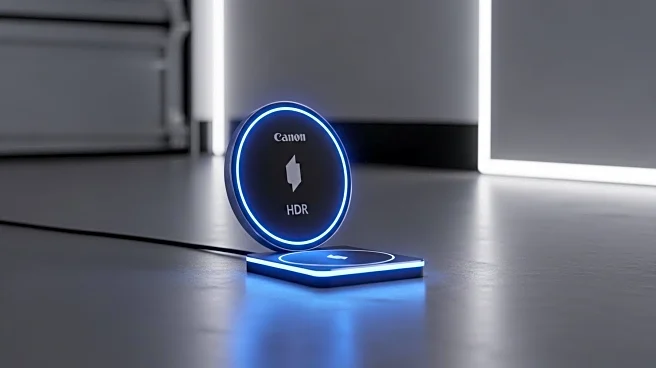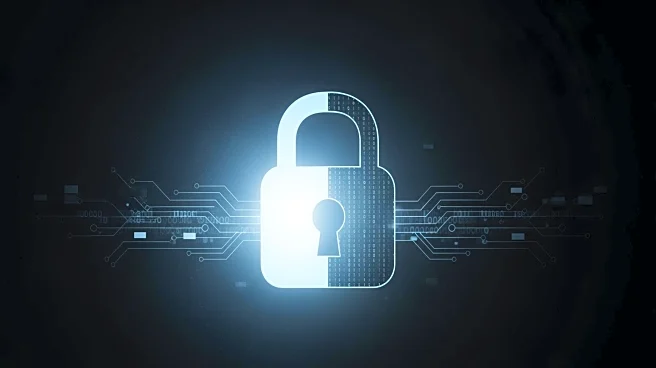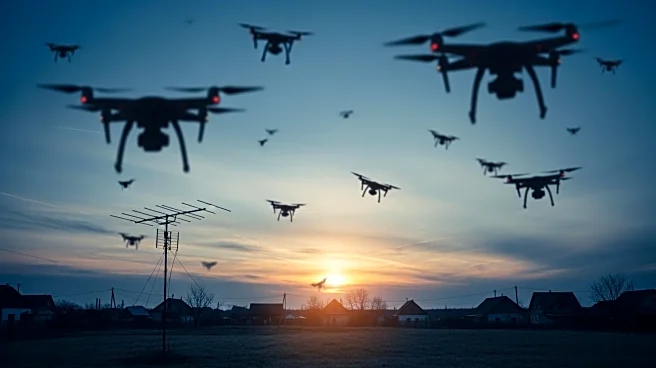What is the story about?
What's Happening?
Porsche is set to revolutionize electric vehicle charging with the introduction of inductive charging technology. This system allows for wireless energy transfer through a magnetic field, eliminating the need for traditional wallboxes or control units. The new Cayenne Electric will be the first model to feature this technology, with sales of the floor plate starting in 2026. The system offers a maximum charging power of up to 11 kW, matching wired AC charging efficiency. Porsche's inductive charging system is designed for home use, with 75% of charging processes occurring at home according to company analysis. The technology is integrated into the My Porsche app, allowing users to track charging processes and authenticate multiple vehicles.
Why It's Important?
The introduction of inductive charging by Porsche marks a significant advancement in electric vehicle technology, potentially increasing the adoption of electric mobility. By simplifying the charging process, Porsche addresses key barriers to electric vehicle acceptance, such as ease of use and infrastructure availability. This development could influence other manufacturers to adopt similar technologies, thereby accelerating the transition to electric vehicles. The efficiency and convenience of this system may also encourage more consumers to consider electric vehicles, impacting the automotive industry and environmental sustainability positively.
What's Next?
Porsche plans to launch the inductive charging system in Europe in 2026, with other markets to follow. The company will continue to develop and test the technology, ensuring it meets safety and environmental standards. As the technology becomes more widespread, it may lead to further innovations in electric vehicle charging infrastructure, potentially influencing public policy and industry standards.
Beyond the Headlines
Inductive charging technology could have broader implications for energy consumption and urban planning. By reducing the need for extensive charging infrastructure, cities may be able to allocate resources more efficiently. Additionally, the technology's integration with smart apps could pave the way for more connected and automated vehicle systems, influencing future developments in autonomous driving and smart city initiatives.














